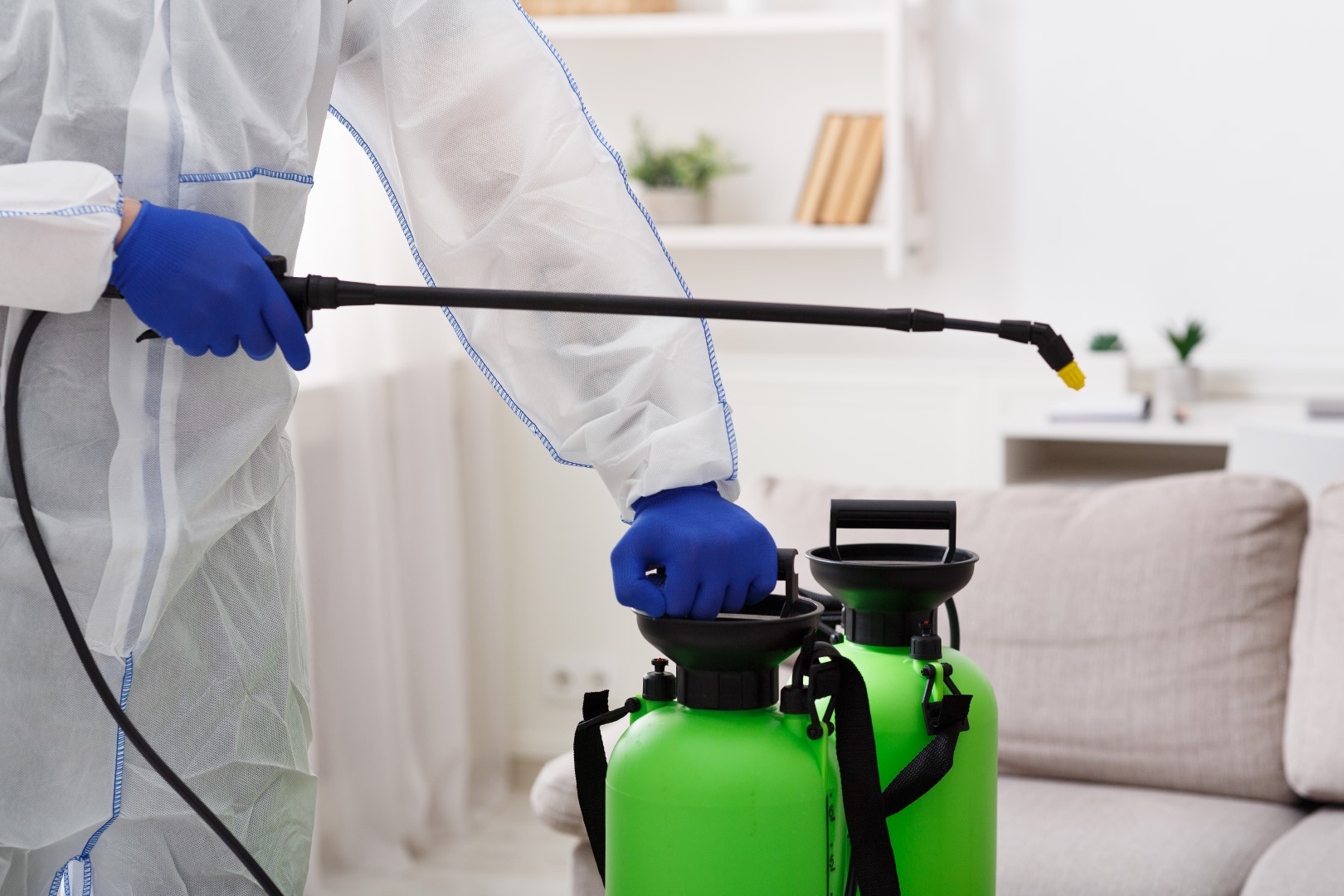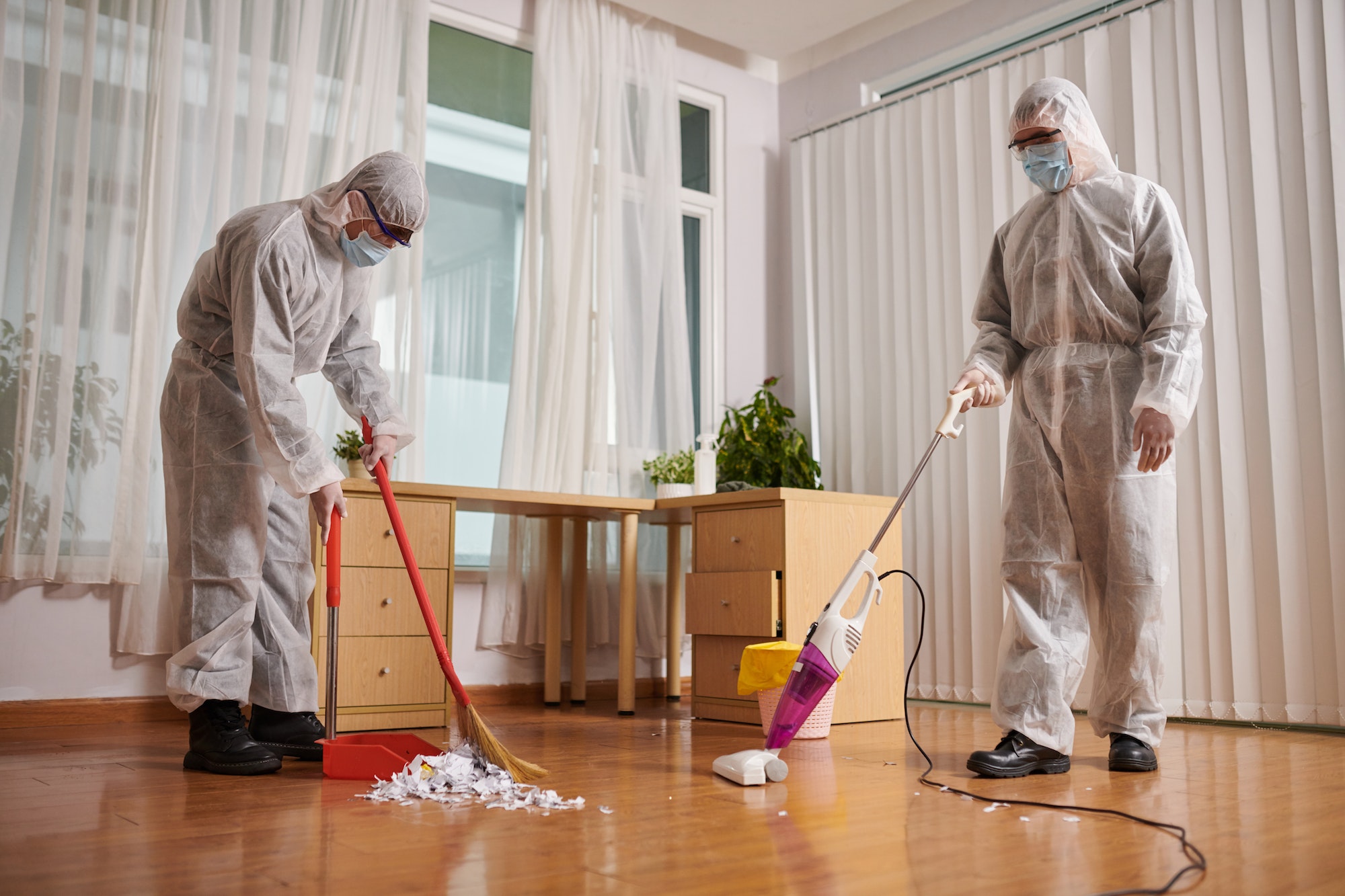Ensuring the safety and quality of food products is a top priority in food processing plants. One crucial aspect that directly impacts food safety is pest control. In this article, we will delve into the vital role of pest control in food processing plants, highlighting the challenges, strategies, and best practices essential for maintaining a pest-free environment in the food industry.
The High Stakes of Pest Control in Food Processing
Contamination Risk
The risk of contamination in food processing plants due to pest infestations is substantial. Pests, carrying pathogens, bacteria, and allergens, have the potential to contaminate raw materials, finished products, and even processing equipment, emphasizing the importance of proactive measures and professional assistance from countypestcontrol.org.
Regulatory Compliance
Strict regulations govern the food industry, emphasizing the need for compliance with sanitation and hygiene standards. Failure to maintain effective pest control measures can result in regulatory violations, fines, and damage to a brand’s reputation.
Product Integrity
Pest presence can compromise the integrity of food products, leading to financial losses and damage to the brand’s credibility. Consumers rightfully expect food items to be free from pests, and any deviation from this expectation can have severe consequences.
Challenges in Pest Control for Food Processing Plants
Large Complex Facilities
Food processing plants are often expansive and complex, providing numerous hiding spots for pests. The sheer size of these facilities presents a challenge in monitoring and controlling pest activity effectively.
Varying Environmental Conditions
Food processing plants may have diverse environmental conditions, including different temperature zones and humidity levels. Adapting pest control strategies to these variations requires a nuanced and flexible approach.
Strict Regulations
The food industry is subject to stringent regulations, and compliance with these standards is non-negotiable. Pest control practices must align with these regulations to ensure the safety and quality of food products.
Strategies for Effective Pest Control
Integrated Pest Management (IPM)
Implementing an Integrated Pest Management (IPM) program is crucial. IPM combines proactive measures, regular inspections, and targeted interventions to prevent and control pest infestations. It emphasizes a holistic approach that minimizes the reliance on chemical treatments.
Regular Inspections
Conducting routine inspections is fundamental to identifying and addressing pest issues promptly. Regular monitoring allows for early detection, reducing the risk of infestations and minimizing the need for extensive interventions.
Collaboration with Pest Control Professionals
Establishing partnerships with experienced pest control professionals is invaluable. Pest control experts can provide tailored solutions, conduct thorough inspections, and offer guidance on effective prevention measures.
Employee Training and Awareness
It is crucial to educate employees on the importance of pest control and their role in preventing infestations. Training programs create a culture of vigilance and ensure that everyone in the facility actively contributes to pest prevention.
Best Practices in Pest Control for Food Processing Plants
Exclusion Measures
Implementing exclusion measures, such as sealing entry points and installing screens, helps prevent pests from entering the facility. This is a critical aspect of maintaining a pest-free processing environment.
Proper Waste Management
Effective waste management is essential to eliminating potential food sources for pests. Regularly removing and properly disposing of waste reduces the attractiveness of the facility to pests.
Hygiene Protocols
Implementing rigorous hygiene protocols, encompassing routine cleaning and thorough sanitation practices establishes an inhospitable environment for pests. Maintaining cleanliness in processing areas and equipment is vital in preventing infestations, a practice endorsed by professional pest control in Houston TX, for comprehensive and effective results.
Conclusion
In food processing plants, pest control is not merely a routine task; it is a critical component of ensuring food safety, regulatory compliance, and maintaining the integrity of food products. By adopting proactive strategies, embracing best practices, and collaborating with pest control professionals, the food industry can create and uphold a pest-free environment that safeguards the business and its consumers.
Discover more from Futurist Architecture
Subscribe to get the latest posts sent to your email.




